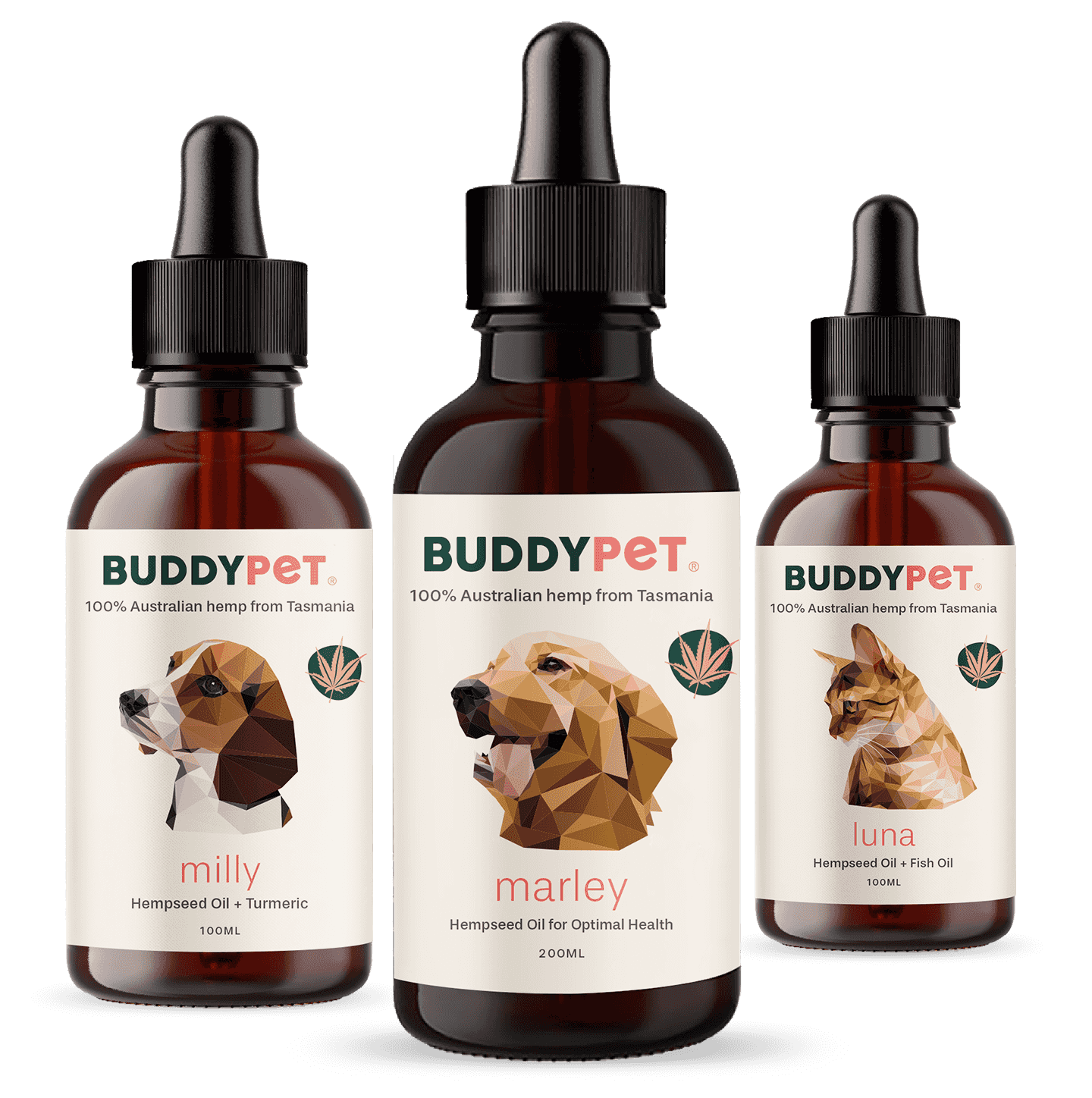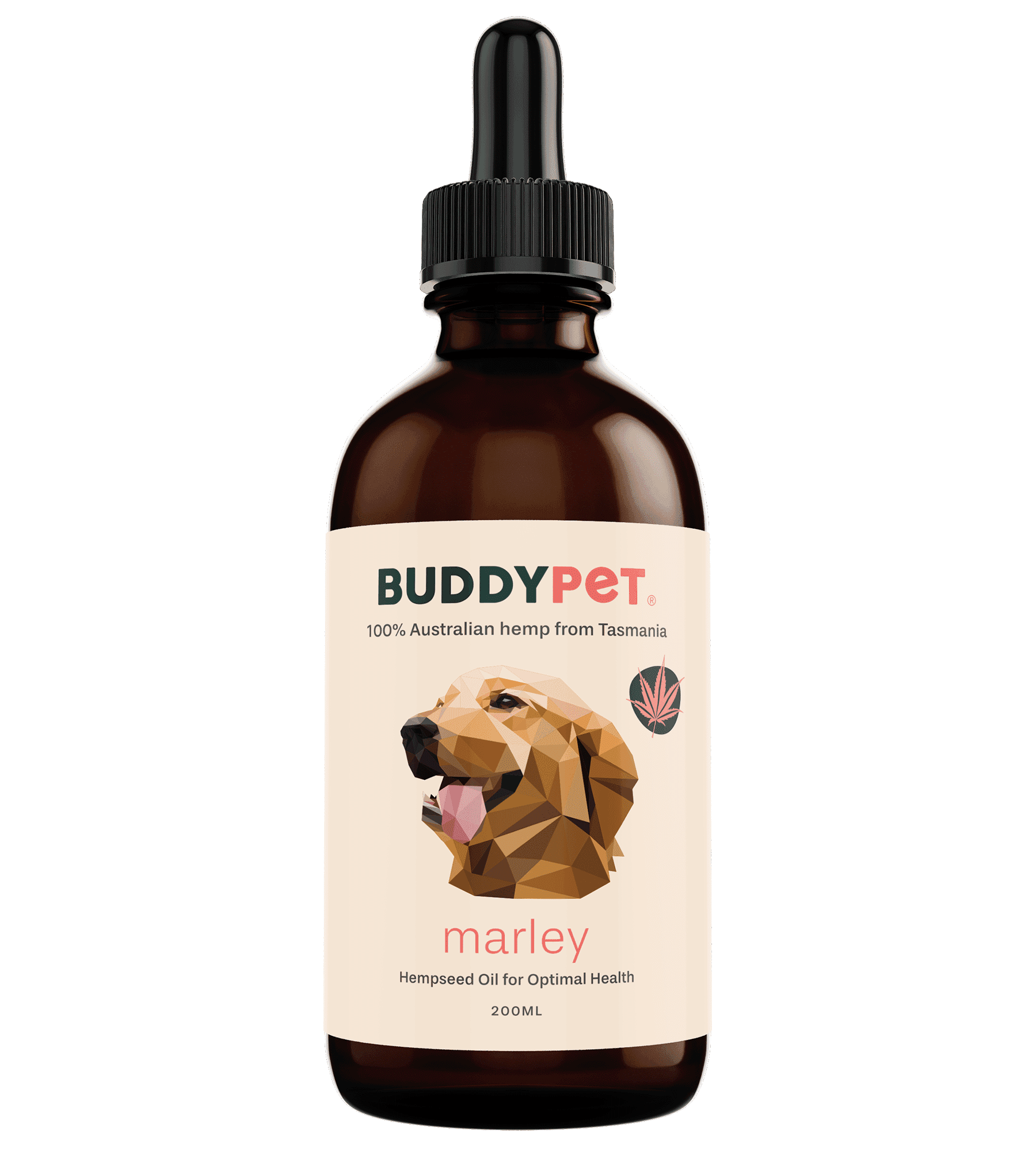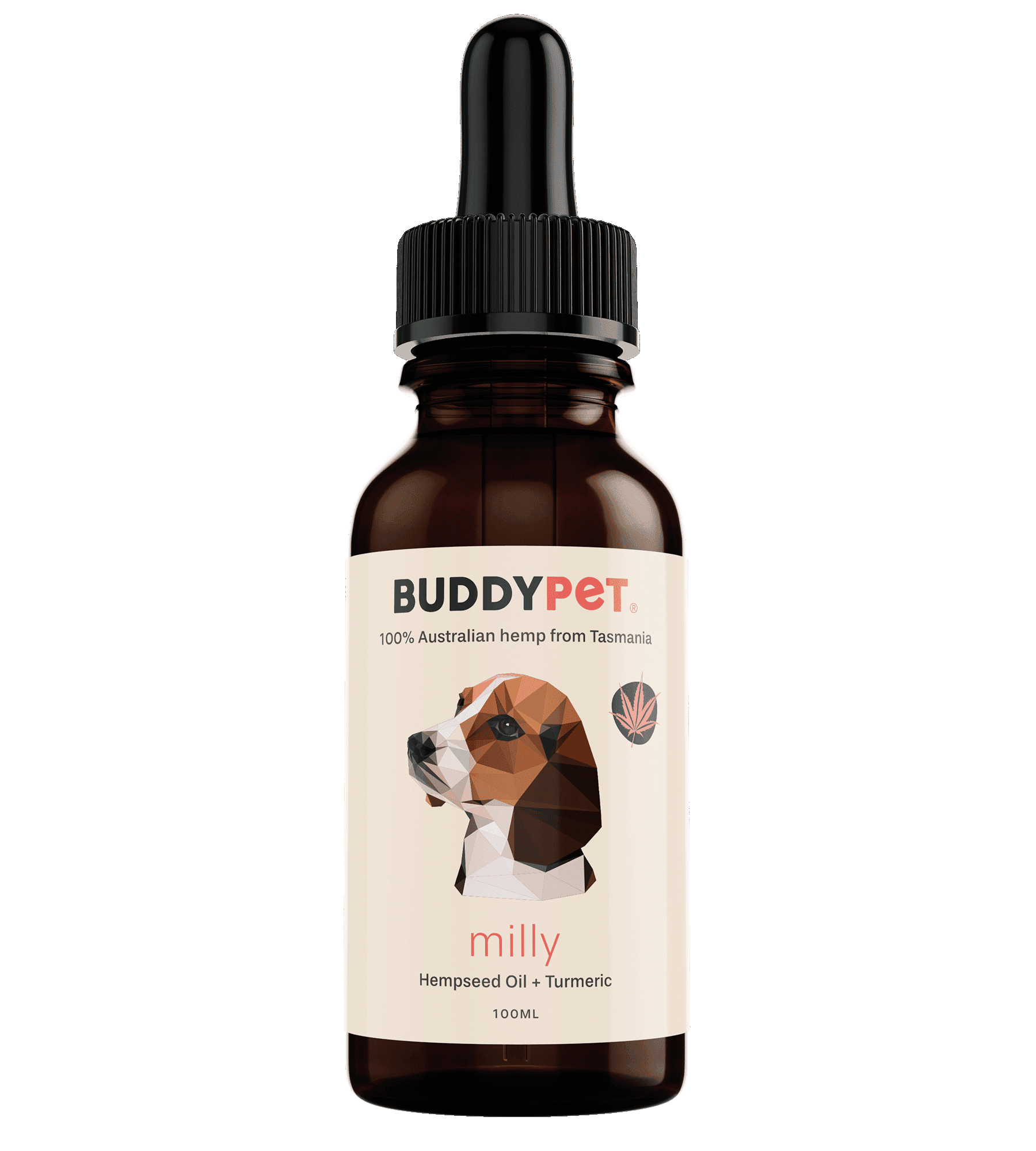If you think arthritis is an old dog’s problem or that this is something only large breeds suffer from, think again. Arthritis can happen to a dog at any age. However, some dogs would fall into a high-risk group – overweight dogs, dogs with developmental issues, deformities, luxating patella (kneecaps), and dogs engaged in intense and repetitive exercises.
Dogs with developmental issues show signs of joint pain at a young age. These issues, like hip or elbow dysplasia, are often passed on genetically, and they are more common in larger breeds like:
- Newfoundland
- Bernese Mountain Dogs
- Saint Bernard
- Rottweiler
- German Shepherd
- Golden Retriever
- Alaskan Malamute
- Labrador Retriever
- Samoyed
- Mastiffs
- Great Dane
In contrast, degenerative joint issues develop over time after repeated use. The cartilage in your dog’s joints wears down, leading to pain and potential injuries.
Unfortunately, arthritis is not a disease you can prevent, but delaying the onset or slowing down its progression is absolutely possible, and it should be your focus as early as the puppy stage.
For more information on arthritis, please read Arthritis: Stages and Protocols for Dogs and Osteoarthritis in Dogs: Signs and Treatment.
Read on to find out how to look after your best friend’s joints.
Keep them lean
Puppies will gain weight faster than their bones and joints can handle if you feed them too much. Fast weight gain can lead to orthopaedic problems, eventually leading to arthritis. To keep your puppy’s development on track, feed them premium, quality food designed specifically for puppies, control their portions and go easy on those snacks and treats.
Obesity is a sure way to get arthritis: excess weight puts too much strain on your dog’s joints, causing wear and tear. Keep your dog lean to delay the onset of arthritis or slow down its progression.
Keep your dog active
Exercise is a great way to stay lean and maintain a healthy weight to reduce pressure on their joints. So, keeping your dog active is paramount.
Choose low-impact exercise for your dog, like walking and swimming for 30 minutes daily. Swimming is a wonderful exercise for a dog, and it’s easy on the joints. Teaching your dog to enjoy swimming at a young age will make exercise easier when they age. Too much exercise or high impact can cause injuries and add more wear and tear over time.
The best workout for a puppy is to play with another puppy: they will run, chase, tumble and tire at the same time and will take breaks when they need it. Running on hard surfaces or launching into the air to fetch a ball can cause injuries and adversely affect proper bone growth in the hip joints.
Give your dog time to rest
While being active is essential, rest is also a necessary part of the healing process. Give your dog the time and space to rest as they need it, and make sure there are plenty of comfortable places around your home for your dog to rest and recuperate.
For some dogs, orthopedic mattresses and specially made dog beds can help evenly distribute your dog’s weight, relieve pressure from their joints and help them sleep more comfortably.
If your dog prefers to sleep on the couch or bed with you, adding stairs or a ramp near the furniture can help them climb without needing to jump or put additional pressure on their joints.
Physical Therapy
Physical therapy can help improve motion range, increase mobility, and build muscle mass for dogs with hip dysplasia, osteoarthritis, and other joint issues. Your local vet or a veterinary specialist will be able to recommend the right physical therapy option for your dog and help you build a customised treatment plan. Some physical therapy options include hydrotherapy, chiropractic massages, and active stretches.
Hip & Joint Supplements
No clinically proven data supports the use of joint supplements to prevent arthritis in dogs. However, many studies confirm they can be very helpful in supporting joint health, therefore slowing down arthritis.
Supplements can be given to a puppy as early as one year of age. Larger breeds like Labrador, Golden Retriever, German Shepherd, Border Collie, Rottweiler, Huskie, etc., can start as early as eight weeks of age as they are more predisposed to develop joint issues.
Joint supplements will aid in lubricating and strengthening the joints and repairing cartilage.
Glucosamine and chondroitin can help reduce or slow down the loss of cartilage. Anti-inflammatory fatty acids and antioxidants can help scavenge free radicals and reduce oxidative stress that causes chronic inflammation in the joints.
Consider BUDDYPET Milly dietary supplement, a delicious blend of hemp seed oil and turmeric. Milly is a potent natural anti-inflammatory and antioxidant supplement that can help support joint health and improve mobility. The antioxidant action of Milly is amplified by combining polyphenols in turmeric (curcumin) with the antioxidant value of Vitamin E in hemp seed oil.
Hemp seed oil reduces inflammation through the action of fatty acids (eicosanoids), while curcumin reduces specific inflammatory chemicals (cytokines). Together, they fight inflammation on two different pathways.
Zinc, abundant in hemp seed oil, bolsters the anti-inflammatory properties of curcumin. Zinc-curcumin blend inhibits proinflammatory cytokines. Curcumin, in turn, increases bioavailability and absorption of Zinc in hemp seed oil – an essential trace mineral that plays a major role in the creation of DNA, growth of cells, building proteins, healing of damaged tissue, and supporting a healthy immune system.
For more information about the health benefits of hemp seed oil, please read Hemp Seed Oil Benefits.
For advanced stages of arthritis, we recommend that you talk to your vet about hemp CBD oil. Extracted from the leaves and flowers of the hemp plant, hemp CBD oil helps modulate anti-inflammatory and analgesic effects, with chronic pain being the most widely cited condition. Holistic veterinarians often recommend CBD oil to help alleviate joint pain in senior dogs and dogs with hip dysplasia. Although it’s not a cure for all joint issues, CBD oil can help dogs stay active longer and feel better by easing inflammation caused by worn-down cartilage. For more information about hemp CBD oil, please read our Ultimate Guide to CBD Oil for Pets.
Make Regular Wellness Appointments with Your Vet
Regular check-ins with your vet are the best way to monitor your dog’s health and overall progress with any treatment options you explore. They can help you better understand your dog’s condition and let you know if their weight is where it should be.
As your dog ages, wellness appointments are especially important to screen for any potential health conditions that may develop. You must catch the symptoms of their arthritis before it progresses to an advanced stage.
By working with your vet, maintaining a healthy diet and exercise, and exploring treatment options available, you can keep your dog’s joints healthy and their life comfortable and happy for a long time.
Photo by Dominik QN on Unsplash




